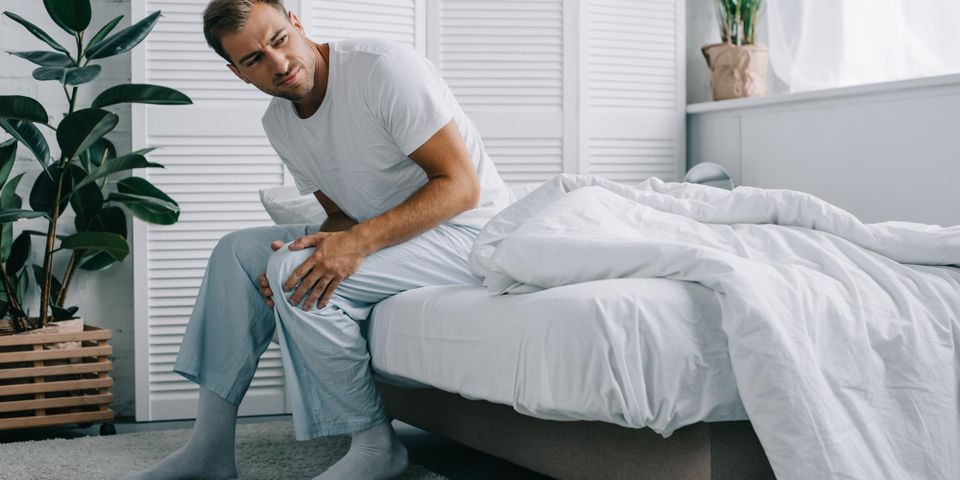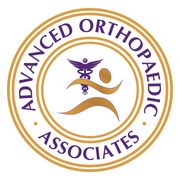5 Signs of Orthopedic Problems You Shouldn't Ignore

Whether it’s a sore neck after a car accident or knee pain following a long run, these sensations could be an indication of a more serious orthopedic issue. Don’t just apply a heating pad and pop a painkiller. If you experience any of the symptoms below —which can impact the muscles, ligaments, and joints—an orthopedic doctor can provide you with effective joint pain relief treatment options.
5 Symptoms of Orthopedic Complications
1. Knee Pain
Some knee conditions, like osteoarthritis, worsen over time. You might notice discomfort and stiffness, which tends to intensify in the morning or after extended periods of immobility. If after a sudden injury, you notice knee pain or swelling accompanied by difficulty walking or climbing stairs, this could signify a torn meniscus or ligament tear.
2. Painful or Swollen Ankles
Maybe you took a nasty tumble in high heels, or perhaps you rolled your ankle while jogging. Whatever the cause, pain and swelling around your ankle is often the product of torn or stretched ligaments or tendons and can mean an ankle sprain, ligament tear, or Achilles tendon rupture. Whatever the cause, if not properly treated, a twisted ankle can cause tenderness, stiffness, instability, and foot and ankle pain so extreme it impacts your mobility.
3. Foot Problems
 Your feet carry you every day, so even the slightest issue can hamper your regular routine. Common foot conditions include heel pain, plantar fasciitis and heel spurs, stress fractures, toe deformities and tendonitis. Many times, using a combination of physical therapy and appropriate footwear, an orthopedic doctor can get you back on your feet.
Your feet carry you every day, so even the slightest issue can hamper your regular routine. Common foot conditions include heel pain, plantar fasciitis and heel spurs, stress fractures, toe deformities and tendonitis. Many times, using a combination of physical therapy and appropriate footwear, an orthopedic doctor can get you back on your feet.
4. Painful or Stiff Shoulders
If you notice a clicking or popping sound while moving one or both of your shoulders, limitation or motion or pain with movement or when trying to sleep on your arm, this can mean a rotator cuff tear or tendinitis, bursitis, arthritis or a ligament injury. When left untreated, your shoulders can become increasingly stiff and painful—the pain could even develop into a chronic issue. When you visit your doctor, they will address the pain and inflammation in this area to not only treat your shoulder pain, but also help you regain your usual range of motion.
5. Lower Back Pain
The vertebrae within your spine are stacked on top of one another with gel-like discs between them. These discs protect the bones by absorbing shocks from activities, like walking and lifting. If you experience lower back pain coupled with numbness or weakness in the legs, it might mean you have a slipped or herniated disc. It’s best to have this assessed and diagnosed by an orthopedic doctor, as untreated slipped disks can lead to permanent nerve damage.
If you notice any of the above symptoms, don’t try to self-medicate—odds are the condition will only get worse. Trust Advanced Orthopaedic Associates of Wayne, NJ, to provide the gentle yet effective care you need. Whether you have knee pain or a rolled ankle, these professionals will focus on providing immediate relief while addressing the root cause of your injury via a personalized treatment plan. Learn more about their services on their website and call (973) 839-5700 for an appointment.
About the Business
Have a question? Ask the experts!
Send your question

